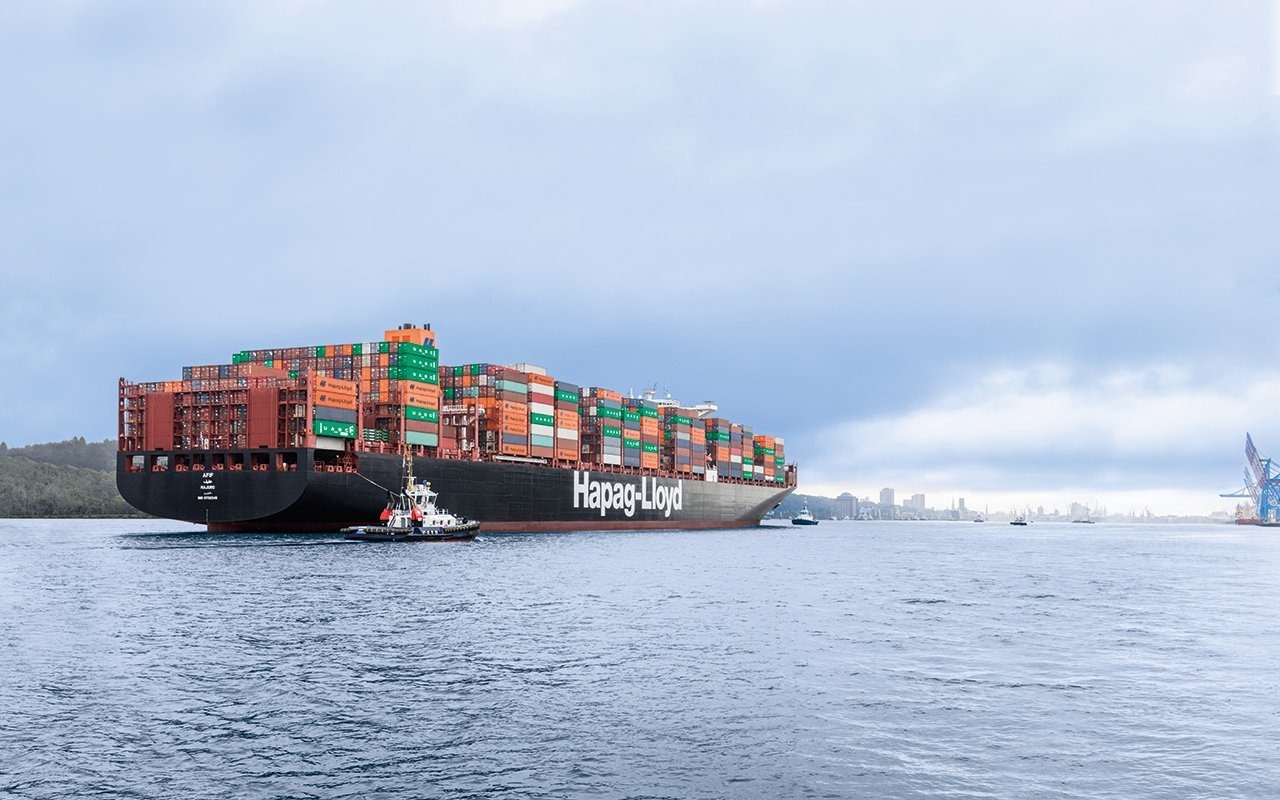
Past successes do not prevent future failure. Napoleon was unable to adapt to the change of conditions when he invaded Russia. He largely underestimated the impact of the distance, the climate, and the scarcity of food supply. Logistical mistakes are pricey.
In the last episode of our series of daring parallels between today’s world and Napoleon’s world, we look at the battle of Berezina… And what it teaches us on the need to adapt to the evolution of the environment.
The battle of Berezina, which took place from the 26th to the 29th of November 1812, 70km East of Minsk, is paradoxically engraved in the minds of the French as the lost battle that ended the Russian campaign in 1812. However, Napoleon used to call it the “victory in a lost campaign”. By crossing the Berezina, Napoleon escaped the decimation of his army, which was otherwise certain. He still loses 25,000 men, and 40,000 hand over all the trains and most of the artillery to the Russians.
While withdrawing to Vilnius after the battle, the army, deprived of its means of transportation, loses another 25,000 men who die of cold or hunger. Napoleon’s army entered into Russia in July 1812 with over 450,000 men and about 1,000 canons, and leaves with just 25,000 men, and less than a dozen canons!
When logistical perfection falls apart
Logistical improvements, marked by the creation of the bridge-maker guild in 1804, allowed the army to cross the Berezina river in extreme conditions: walking in freezing water, the Dutch bridge-builders laid two bridges, one for the foot-soldiers, and one for the cavalry. However, within a battalion of 400 men, fewer than ten survived. On November 29 at dawn, Napoleon ordered his troops to burn down the bridges, leaving tens of thousands of men on the East bank. The tragic destiny of these men deeply impacted France’s collective subconscious, and the word Berezina has become a synonym for a brutal and humiliating defeat
Napoleon’s strategic military system seemed to simply fall apart in the immensity of the Russian plains. The supply of men and horses, usually done in the host country, was not possible, because the regions the army crossed were much poorer than Western and Central Europe
This dire situation was made worst by the Russian army, who burned everything (including Moscow) in the path of the Great Army. This issue forced the army to scatter in order to find supplies, extending the front line and leaving space for the incessant Russian raids, which tired out the French. The Czar patiently waited for the winter to come, to force the Emperor to leave Russia.
The birth of Nations
The French revolution and the Empire were both pivotal eras in European history: the notion of Nation stems from these eras, such as the French nation, the German or the Russian nation (born from the cohesion that fighting back the invader created). Today, nations are being consolidated in very large blocks (USA, China, India, Russia, EU) to dominate or resist.
In this context, technology becomes key: each bloc is primarily focused on being technologically independent from each other. The second focus is to dominate the other blocs (the NSA and its worldwide surveillance system for the USA, Huawei and 5G technology for China, etc.).
This can also be applied to transport, which is essential to the good health of the economy. A thorough knowledge, and control over the goods are strategic issues. They provide a detailed map of the industrial and commercial network, creating opportunities to feed it, or dominate it…
The great operations have already started: in the physical realm with projects like the Silk Road Initiative, and in the digital realm with fundraising operations raising over $1 billion for American platforms specialized in transport.
European domination
Europe is the global leader for transport and logistics. In these industries, the largest companies are German or Swiss-German, with a strong international presence and desirable profit margins
However, all these companies suffer from the same issue: a huge investment gap in production capabilities (trucks, and drivers by letting subcontractors handle the hiring), and a hyper-specialization of coordinator positions (with higher value add like 4PL companies and last mile handlers).
… but for how long
The digital industry is changing things up. The powerful current of disintermediation it is creating threatens our great European market leaders, who won’t be able to hide behind their large production capabilities (which they no longer have, if they ever had them in the first place)
Their (future) competitors on the other hand, are massively investing, in accordance with their bloc’s strategy. This trend may very well look like the battle of Berezina… and we know it permanently ended in Waterloo.
Photo by Aleksejs Bergmanis from Pexels

Our latest articles
-
Subscriber 3 min 24/02/2026Lire l'article -
Hapag-Lloyd - Zim: a shipping deal with geostrategic implications
Lire l'article -
European road freight: the spot market is stalling
Lire l'article


